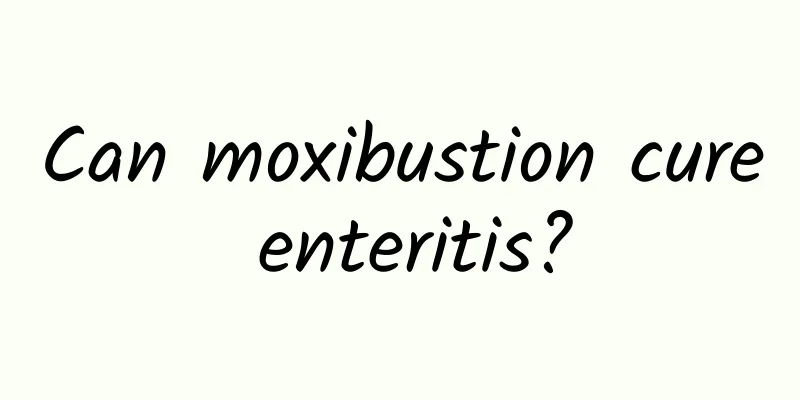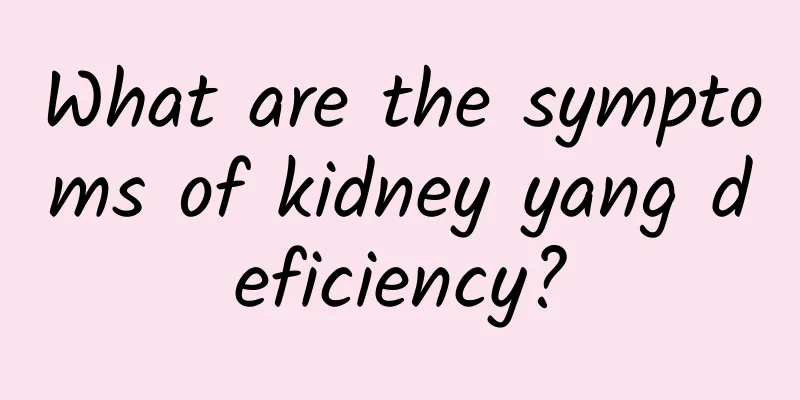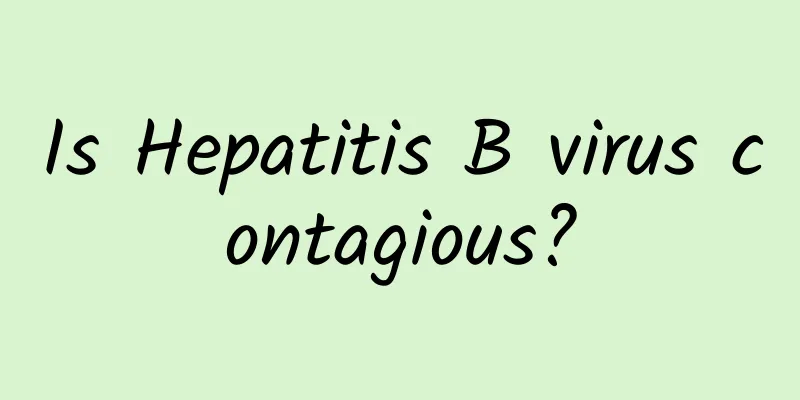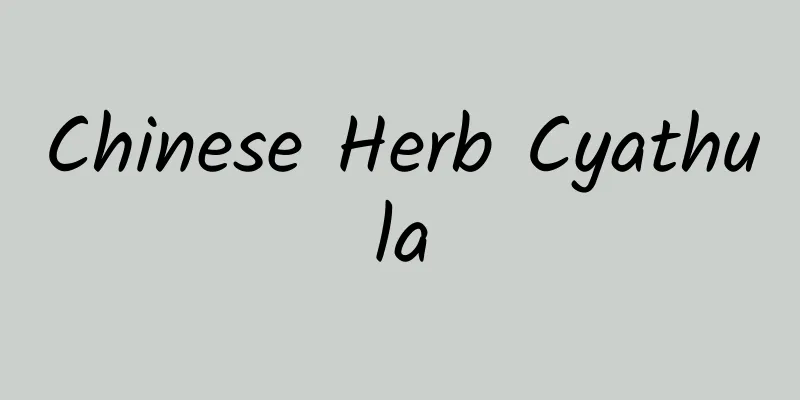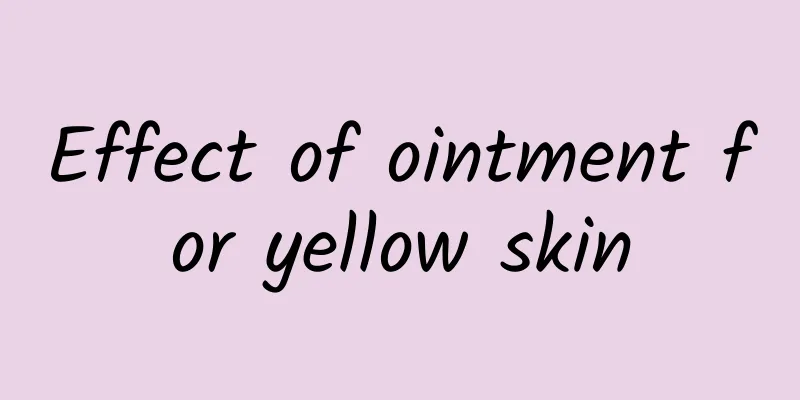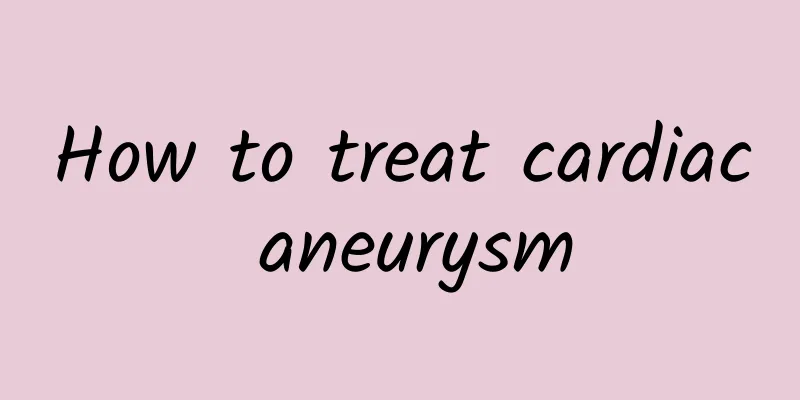TCM treatment of anxiety disorder

|
Neurotic anxiety disorder is a relatively serious psychological problem or mental illness. With current treatment methods, it cannot be completely cured by drugs. On the contrary, both traditional Chinese medicine and Western medicine treatment require psychological counseling. Traditional Chinese medicine treats nervous anxiety mainly through combing the meridians, and there are many Chinese medicinal materials that can have a calming effect. Traditional Chinese medicine is very effective in treating nervous anxiety in clinical practice. Some people believe that drug treatment can help people relax and adjust to life stress. Currently, the main anti-anxiety drugs are benzodiazepines. The disadvantages of these Western medicines are that they can cause drowsiness, irritability, dizziness, drug dependence, toxic side effects, etc. Therefore, the safest and most effective way to treat anxiety disorder is to choose traditional Chinese medicine for treatment. It uses pure Chinese medicine to calm the nerves and relieve anxiety, starting from regulating the body's yin and yang, restoring the functions of the internal organs, and allowing patients to fundamentally relieve their pain. It is highly respected in clinical practice. Nursing precautions 1. Make a comprehensive and detailed assessment of the patient's anxiety level and physical condition. In particular, the assessment of elderly patients and those with physical illnesses cannot be ignored. 2. Strengthen psychological care, with support and catharsis therapy as the main content. Help patients understand the disease, recognize the nature of the disease, and eliminate doubts. Be patient with patients and allow them to vent their emotions by crying, struggling, etc. 3. When the patient suffers from anxiety symptoms, distraction can be used to relieve the symptoms. 4. Teach patients the theories and methods of "Morita Therapy" and personally lead patients to experience it when necessary. 5. The use of relaxation therapy can help with anxiety symptoms. Nurses need to master some specific methods to guide and help patients. 6. When symptoms of autonomic dysfunction are obvious, symptomatic treatment should be given. Clinical manifestations Patients show anxiety, panic and tension, feel that the worst is about to happen, often feel restless, lack a sense of security, are worried and upset all day long, and lose interest in external things. In severe cases, there will be fear and panic reactions to external stimuli, often accompanied by sleep disorders and autonomic nervous system disorders, such as difficulty falling asleep, nightmares, easy awakening, pale or flushed face, sweating, numbness of the limbs, muscle twitching, dizziness, palpitations, a feeling of tightness or suffocation in the chest, loss of appetite, dry mouth, abdominal distension and burning sensation, constipation or diarrhea, frequent urination, irregular menstruation, lack of sexual desire, etc. |
<<: Anxiety disorder Chinese medicine differentiation
>>: The advantages and disadvantages of moxibustion during menstruation
Recommend
Acupuncture treatment for cerebral palsy, different methods and acupoints
The clinical incidence of cerebral palsy is very ...
There is a circle of small particles on the edge of the glans
Under normal circumstances, the male glans should...
What are the benefits of tapping the soles of your feet?
It is often seen that some elderly people use som...
What are the treatments for melasma?
Everyone is familiar with chloasma, especially mi...
Can rhubarb foot bath cure varicose veins?
Rhubarb is a very common medicinal material in da...
Can crawling cure lumbar disc herniation?
Crawling also has certain health care and therape...
Red pimples on face after swimming
We all know that there are basically many people ...
Introduction of Blood Nourishing and Skin Nourishing Drink
The use of drugs cannot be done casually. You mus...
What should I do if I have a stuffy or itchy nose?
Although nasal congestion and itching are not ser...
What to do if you have intestinal obstruction
Constipation is a common physical condition in ou...
An acupuncture point can prevent common diseases in life
In addition to taking medication to treat disease...
Symptoms of eczema
There are many common diseases, and the treatment...
Is bulla rupture dangerous?
Some people still do not pay attention to their p...
What to do if your child suffers from otitis media?
Otitis media is a common disease among children a...
TCM's magic formula for treating prostate pain
Traditional Chinese medicine has contributed many...

